
Cohn Prize journalists battle misinformation during pandemic
“We are living in Coronavirus Standard Time,” says science journalist Jon Cohen, “where each day is like seven in the old world we used to know.”
“Each day I wake up and see or hear or learn something I never could have imagined,” Cohen observes. “I’m typing so quickly and so feverishly that my finger muscles are aching.”
When Cohen received CASW’s Victor Cohn Prize for Excellence in Medical Science Reporting in 2012, the judges cited his in-depth and definitive reporting on HIV/AIDS and other emerging diseases for Science. In the midst of a pandemic that is reshaping the world, he and other Cohn Prize winners are on the front lines. Honored by CASW for work that has made a profound and lasting contribution to public awareness, they are battling an “infodemic” of misinformation with critically needed scientific information while enduring abuse for telling those stories to a polarized audience.
We checked in with our prizewinners at the beginning of April and asked what stories had most powerfully affected them.
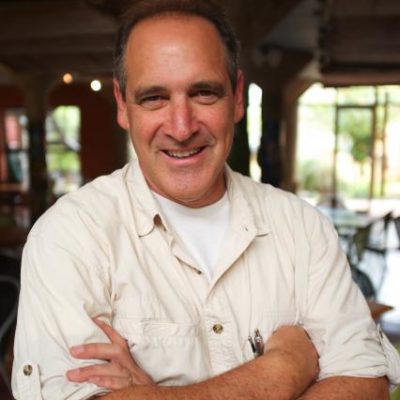
Jon Cohen, 2012 Prize
Part of an international Science team, Cohen was on the story early, “at a time when human-to-human transmission was not being reported and the whole outbreak was being downplayed by China, which issued repeated reports that essentially said everything was under control since the seafood market closing on January 1.”
“World on alert for potential spread of new SARS-like virus found in China,” Science, January 14, 2020.
A feature story he’d been developing about the seasonality of infection diseases suddenly became relevant:
“Why do dozens of diseases wax and wane with the seasons—and will COVID-19?,” Science, March 13, 2020.
Jon’s candid interview with Anthony Fauci also made a splash:
“‘I’m going to keep pushing.’ Anthony Fauci tries to make the White House listen to facts of the pandemic,” Science, March 22, 2020.

Apoorva Mandavilli, 2019 Prize
Apoorva Mandavilli offered two stories that provided glimmers of hope, one about the fact that the virus seemed to be sparing children, the other about the role of immunity in helping society recover. “I think this story offers hope because it points to an end for the epidemic, and for a way us to find our way back to normalcy. If subsets of people can be shown to be immune, they could start going back out and keep the world going.”
Can you become immune to the coronavirus?” The New York Times, March 25, 2020.
“This is the very first story I wrote about the coronavirus, way back in late January. I routinely offer up thanks that, unlike influenza, this virus affects children only mildly.”
“Why the new coronavirus (mostly) spares children,” The New York Times, February 2, 2020.

Liz Szabo, 2016 Prize
shared a story she developed on palliative care during the pandemic “because it’s very personal to me. My parents are elderly and would be at very high risk from this virus. I know there could be a shortage of ventilators, but it kills me to think there could be a shortage of comfort care, as well. I don’t want my parents—or anyone else—to die alone and in pain, feeling panicked because they can’t breathe.”
“Shortfall of comfort care signals undue suffering for coronavirus patients,” KaiserHealthNews, March 26, 2020

Sharon Begley, 2017 Prize
“My role has been to examine the science, including ‘what’s coming?’” says Begley. She found writing about what follows initial social-distancing measures especially challenging “because the topic—what’s the exit strategy? when can extreme countermeasures be eased?—is so politicized. I figured any hint that lockdowns etc. could eventually end would bring the fury of Trump critics down on me (it did) while noting that Easter is way too soon would bring out the pro-Trump trolls (ditto). So it goes.”
“When can we let up? Health experts craft strategies to safely relax coronavirus lockdowns,” STAT, March 25, 2020
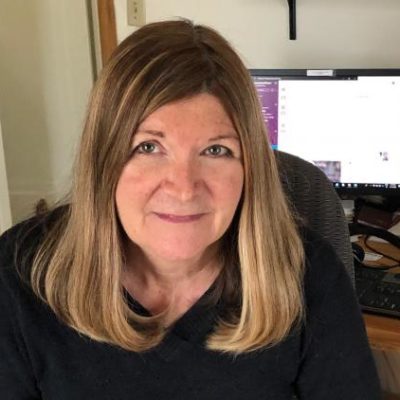
Marilynn Marchione, 2010 Prize
“Two stories I’ve worked on have haunted me the most, for different reasons,” Marchione told us. “The first was published on Feb. 2, just a month after the novel coronavirus had been identified and when there were only a few known U.S. cases…. I wrote an analytical story about what those meant for prospects of controlling the outbreak. Looking back, all of the signs of impending disaster were there in that story. You could see the future in hindsight.”
“New China virus details show challenge for outbreak control,” The Associated Press, February 2, 2020.
Another story “was an emotional gut punch: cancer, heart and other surgeries being delayed because of limited health care capacity due to the coronavirus. These include operations that no one I know would consider ‘elective.’”
“Cancer, heart surgeries delayed as coronavirus alters care,” The Associated Press, March 18, 2020.
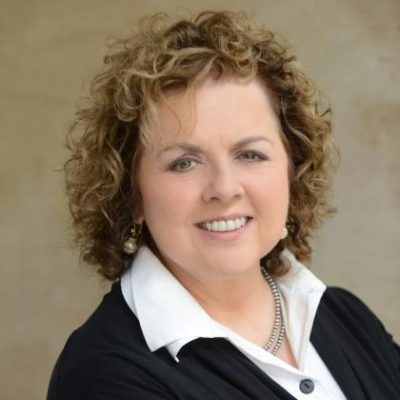
Laurie Garrett, 2000 Prize
Garrett, who shared the very first Cohn Prize and authored a 1994 book warning about emerging global diseases, signaled the likelihood of a new pandemic in a 2019 essay.
“The world knows an apocalyptic pandemic is coming,” Foreign Policy, September 20, 2019.
Garrett continued to write authoritatively on the initial mishandling of the threats by the leaders of China and the U.S.
“How China’s incompetence endangered the world,” Foreign Policy, February 15, 2020
“Trump has sabotaged America’s coronavirus response,” Foreign Policy, January 1, 2020
“Grim reapers,” The New Republic, April 2, 2020
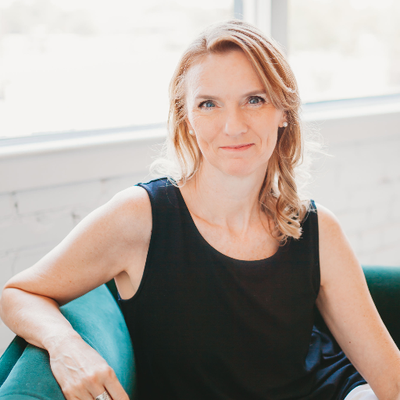
Laura Beil, 2018 Prize
Beil responded to a query from Undark’s editor, asking “what could happen when the epidemic hits the South, given that it’s a completely different place from the urban centers that are bearing the brunt of the epidemic so far. I’m a Southerner myself, having grown up in a small town just a half hour from the Texas-Louisiana border.”
In the American South, Covid-19 could find fertile ground,” Undark, March 23, 2020
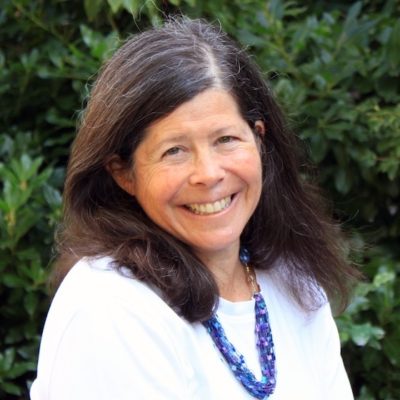
Joanne Silberner, 2013 Prize
“I wanted to write on one of the undercovered angles of the pandemic—in this case, one of the unintended consequences of doing the right thing,” Joanne Silberner wrote. “While there’s not enough medical care available for the immediate illness, there’s also not enough attention being paid to the social impacts of prevention.”
“In a time of distancing due to coronavirus, the health threat of loneliness looms,” STAT, March 28, 2020
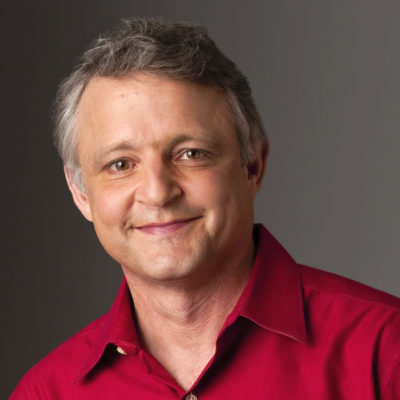
Joe Palca, 2008 Prize
As he reported on the virus in January, Palca recalls, “it was clear this was going to be a big deal, although I don’t think I appreciated how big a deal.”
“The state of a potential vaccine for the new coronavirus,” National Public Radio, January 29, 2020.
“DARPA aims to have coronavirus therapy shortly after outbreak’s start,” NPR, February 14, 2020.
The Victor Cohn Prize for Excellence in Medical Science Reporting is supported by CASW’s general fund, which in turn is funded by donations. Each year’s winner is nominated and selected by peers. Individual donations help sustain CASW’s awards and fellowships. Information for contributors.